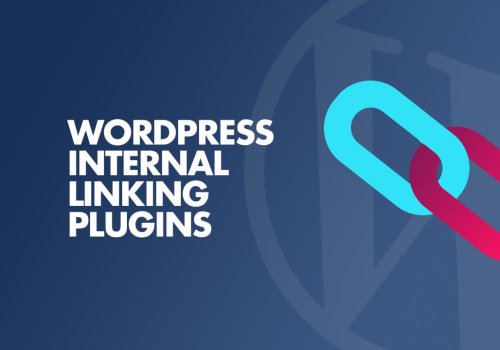WordPress is the most popular content management system (CMS) used by website owners around the world. It is a great platform for SEO, as it offers a good foundation for optimizing your website for search engine rankings. From optimized images to good website design, WordPress has it all. It also offers users the ability to track their Google Analytics metrics and keep track of their user experience.
Additionally, WordPress has features such as URL coding, title tags, and security updates that make it an ideal platform for SEO. When it comes to SEO, keywords and metadata are important components that search engine spiders look for. But there are other factors that are just as important, such as website design. With WordPress, you don't have to worry about optimizing your site design for SEO yourself.
Optimized images can speed up page load time, improve the user experience, and offer additional positioning opportunities. To make sure everything works and loads smoothly, you can check the speed of your site in Google's PageSpeed Insights. This tool provides reporting data on two essential speed metrics, DomContentLoaded (DCL) and First Contentful Paint (FCP), as well as data from Chrome's User Experience Report (CruX). The URL chosen for your website posts is a crucial determinant of how search engines will perceive your content.
By default, you'll find the setting that shows URLs based on a few odd characters and numbers. We suggest that you code it as H1 or H2, depending on the theme you are using. Title tags tell search engines what your page is about and also leave the first impression on those who see the title of your article in search results. WordPress is flexible, easy to use and provides a good foundation for SEO.
But it can only take you so far because it's just a CMS. If you're serious about ranking on Google, there are a few more things you should do. Before reviewing WordPress's control over on-page SEO factors, let's review some of the platform's SEO highlights (and negatives). If there is one factor that affects SEO performance more than any other on a WordPress site, it is the choice of theme. Both are solid selections that will allow you to control most of the technical SEO factors that you can't set up on a new WordPress installation.
The WordPress security team does its best to keep abreast of things and, in case a vulnerability is detected, it will send a security update immediately (which WordPress will automatically apply). The simplicity of the WordPress editor also extends to the rest of WordPress. Now that we've identified the different features of WordPress that make it SEO friendly, it's time to start optimizing your WordPress site. And it's common knowledge that you need an SEO plugin (not necessarily YOAST) to optimize a WordPress site. These plugins improve certain parts of the WordPress SEO puzzle to make the platform even more effective. It's important to note that there is a checkbox in WordPress that, if checked, is effectively an SEO death sentence for your website because it prevents Google from indexing your pages.
But if your WordPress website isn't properly configured for on-page SEO, then the limitation is you, not WordPress. WordPress works well with Google and other search engines, has many themes and plugins for advanced SEO optimization, is fast and mobile friendly, community friendly, safe and easy to learn. Compared to some other content management systems, WordPress is quite exceptional when it comes to SEO. If you need help launching your WordPress SEO campaign to improve your website's search rankings, contact Blue Corona or DevRix – both are leading WordPress technical development agencies with experienced collaborators on their teams.











